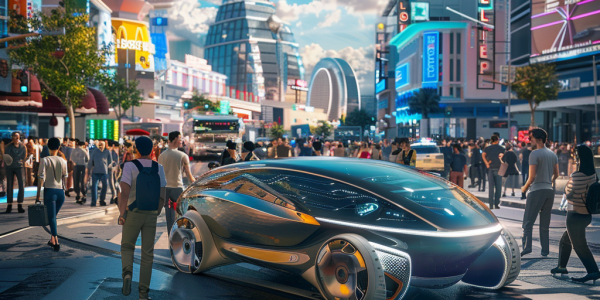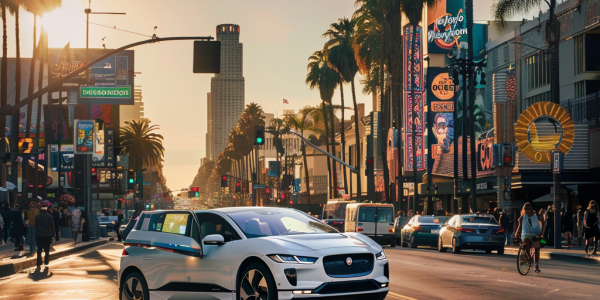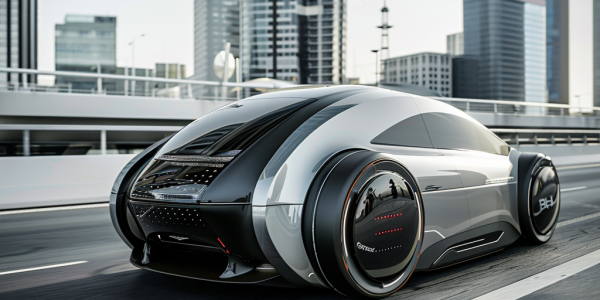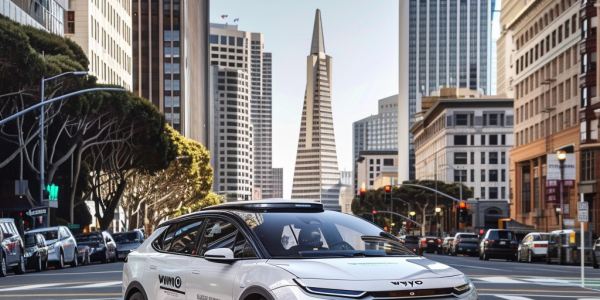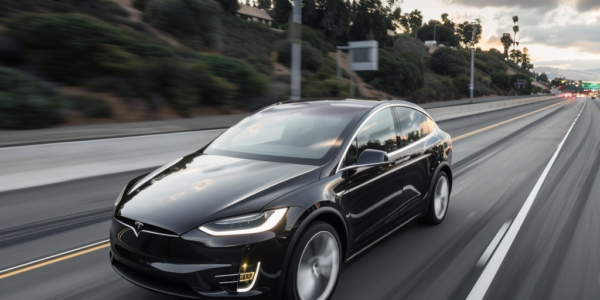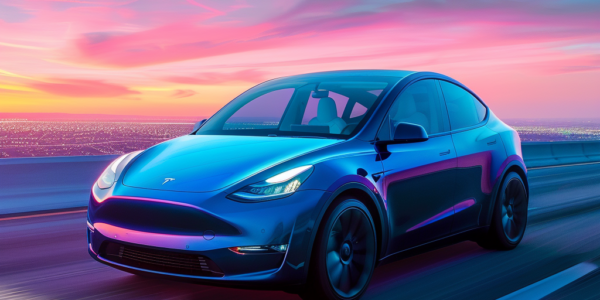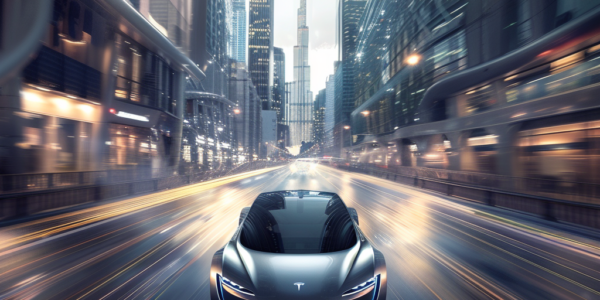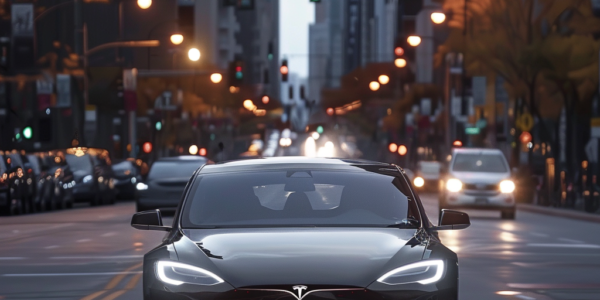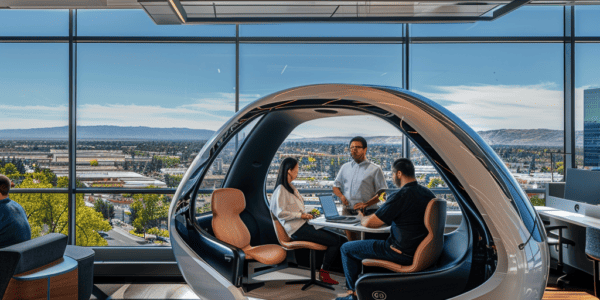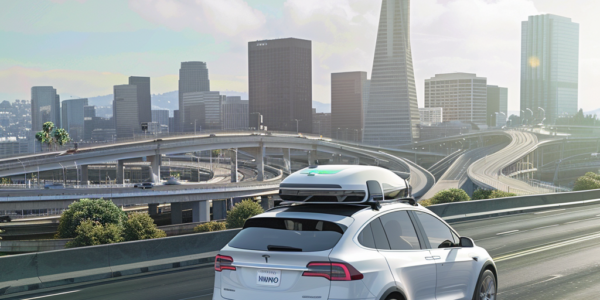GM Halts Funding for Cruise Robotaxi Operations, Shifts Focus to Personal Vehicle Technologies
General Motors (GM) has announced it will stop funding its Cruise robotaxi operations, citing increased competition and a need to reassess capital priorities. CEO Mary Barra highlighted the complexities of managing a fleet of autonomous vehicles. GM plans to shift focus towards advanced driver assistance systems for personal vehicles, merging Cruise with its technical teams. This strategic pivot, aiming to reduce spending on Cruise by over half, reflects a broader trend in the automotive industry towards enhancing consumer vehicle technology rather than pursuing extensive robotaxi services.
Waymo Launches Autonomous Ride-Hailing Service in Los Angeles
Waymo has launched its autonomous ride-hailing service, Waymo One, in Los Angeles, allowing residents to enjoy fully self-driving rides across 79 square miles. With high demand and impressive user ratings, this expansion marks a pivotal moment in the integration of autonomous vehicles into urban transportation. Riders can now experience convenient and efficient travel in the electric Jaguar I-Pace, while Waymo continues to refine its technology to navigate the complexities of city driving.
Rimac and Mobileye Collaboration Paves the Way for Autonomous Vehicles
Rimac, the Croatian automaker, partners with Mobileye to develop a robotaxi concept, signaling a significant step towards a future with autonomous vehicles. Learn more about this collaboration and its potential implications in this video analysis.
Waymo Opens Robotaxi Service to All San Francisco Residents
Waymo, the autonomous vehicle company, has opened up its robotaxi service to all residents of San Francisco, ditching the waitlist process. This move aims to solidify Waymo’s position in the industry and increase confidence in its technology, despite recent challenges faced by competitors. By normalizing autonomous vehicles, Waymo is paving the way for a profitable operation and contributing to the evolution of the industry.
Tesla Settles Lawsuit Over Fatal Autopilot Crash
Tesla has settled a lawsuit over a fatal crash involving its Autopilot technology. The terms of the settlement were not disclosed, but reports indicate that it still requires approval from a judge. The agreement comes at a time when Tesla is facing challenges in the market, including a decline in deliveries and increased competition from rivals. Despite this, CEO Elon Musk announced plans to unveil a self-driving robotaxi in August, amid ongoing scrutiny of its Autopilot and Full Self-Driving technology.
Elon Musk to Unveil ‘Robotaxi’ on August 8
Elon Musk, the CEO of Tesla, has announced the long-anticipated ‘robotaxi’ unveiling on August 8, sparking excitement and curiosity. Despite previous projections, experts remain skeptical about Tesla’s self-driving capabilities. As the date approaches, all eyes are on Tesla to see if the company will deliver on its promise of a fully autonomous vehicle.
Elon Musk Announces Tesla’s Robotaxi Product Unveiling
Elon Musk announced on social media that Tesla will unveil its robotaxi product on August 8, causing shares to rise over 3%. Despite previous claims, Tesla has yet to deliver a robotaxi or fully autonomous vehicle. With other companies already in the autonomous vehicle market, the anticipation for Tesla’s announcement is high.
Tesla Prioritizing Older Hardware 3.0 Over Newer Hardware 4.0 for Full Self-Driving Beta V12 Software
Tesla’s latest Full Self-Driving Beta V12 software is not currently supported on the newer Hardware 4.0 models, as the company focuses on optimizing the experience for older Hardware 3.0 cars. Despite the advanced technology in HW4 vehicles, they are not getting the full FSD 12 experience, as Tesla is emulating FSD created for the Hardware 3.0 kit in its HW4 vehicles. This decision aligns with the fact that the majority of Tesla vehicles on the road are still on Hardware 3.0, and the company aims to prioritize optimizing the Full Self-Driving Beta experience for these vehicles first.
Applied Intuition Secures $250 Million Series E Funding Round, Valued at $6 Billion
Applied Intuition, a leading autonomous vehicle software developer, has secured a $250 million Series E funding round, leading to a valuation of $6 billion. The funding was led by Lux Capital, Elad Gil, and strategic investor Porsche Investments Management. Despite a decline in venture funding for autonomous vehicle-related startups in recent years, Applied Intuition’s Series E funding marks a significant increase in the company’s value, as the autonomous driving sector saw a decrease in funding. Established in 2017, Applied Intuition has now raised over $600 million.
Waymo Receives Approval to Expand Robotaxi Operations in California
Waymo has received approval to expand its robotaxi operations in California, allowing its self-driving vehicles to operate on highways in parts of Los Angeles and the Bay Area. Despite concerns about safety, the California Public Utilities Commission has granted permission for Waymo to commence its expansion immediately.

